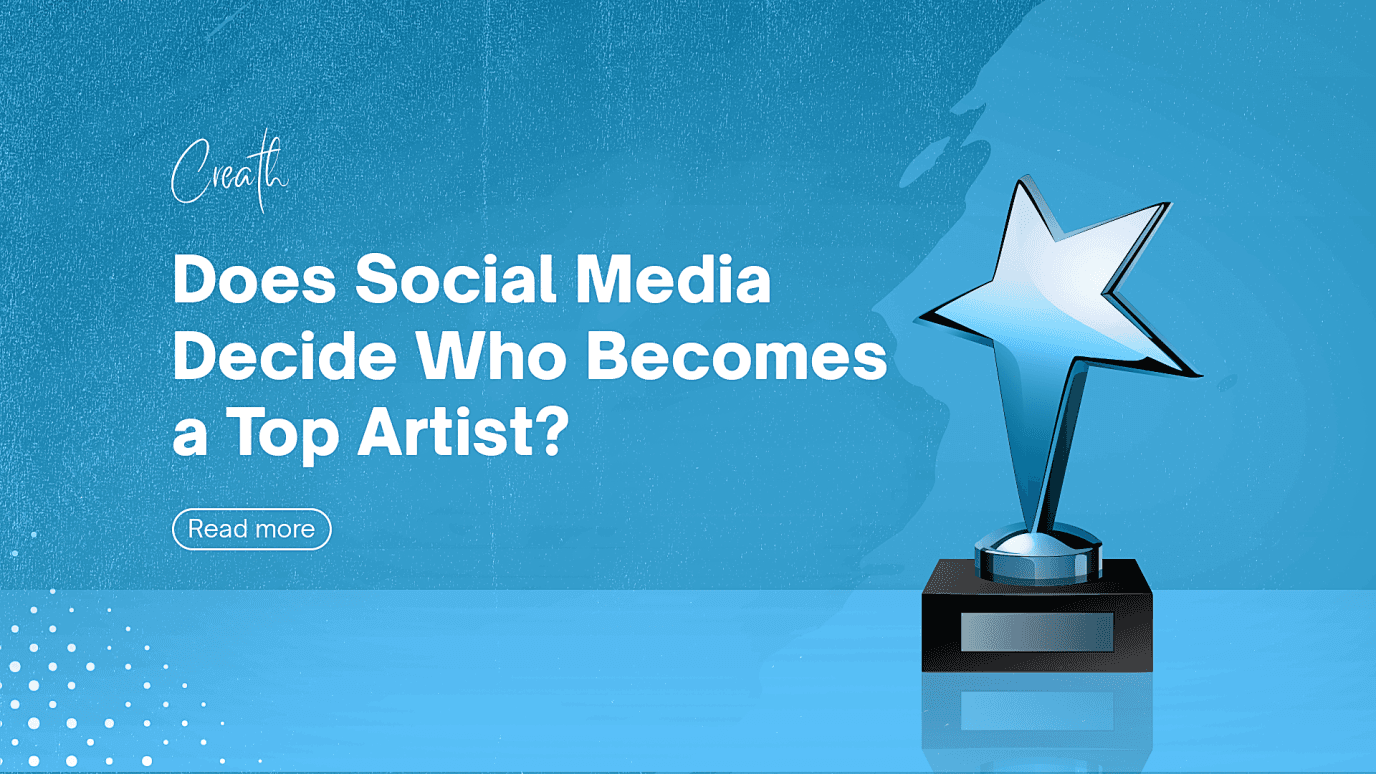
A talented artist spends hours in their studio, creating work that could stand alongside the greats. But outside those walls, no one knows they exist.
Meanwhile, another artist—maybe less experienced, still figuring things out—posts regularly on Instagram, connects with collectors on X, and lands a feature on an influencer’s page. Within days, their pieces are sold out.
This isn’t just a theory. It’s how the art world works today.
Not long ago, an artist’s rise depended on gallery representation, collector interest, and curatorial validation. But social media has rewritten the rules. Now, an artist can build a career without ever stepping foot in a gallery—if they understand how to work the algorithm.
In our focus group with Nigerian curators, the sentiment was clear: social media is no longer optional. Many curators admitted they discover artists online before they ever meet them in person. Some even admitted that a strong social presence makes an artist more appealing for exhibitions.
But here’s where it gets tricky.
Not every artist is built for social media. Some just want to focus on their work instead of worrying about algorithms and engagement. Others don’t have the time, resources, or marketing skills to stand out online.
And let’s be honest—social media rewards trends, not always depth**.** An artist creating intricate, thought-provoking work might go unnoticed, while someone making quick, viral-friendly pieces gets all the attention.
Even pricing is affected. One curator pointed out that artists with large followings can command higher prices, regardless of their technical skills. Meanwhile, incredibly talented artists with little online presence struggle to sell.
So, does that mean social media is deciding who succeeds? And if so, is that good for our industry?
There’s no denying that social media has opened doors for artists who once had no way to reach galleries or collectors. With Instagram, X, and even TikTok, Nigerian artists can reach a global audience on their own terms, without relying on traditional gatekeepers.
But is visibility the same as value?
If curators, collectors, and galleries rely too heavily on social media to determine who is "important," does that mean art is now a popularity contest? Are we prioritizing engagement over excellence?
Or is this simply the new reality—where being a successful artist requires just as much skill in branding as in brushstrokes?
Social media has changed the game, but should it be the game?
If an artist isn’t big online, does that make their work any less important? Should curators and collectors look beyond the algorithm?
What do you think?